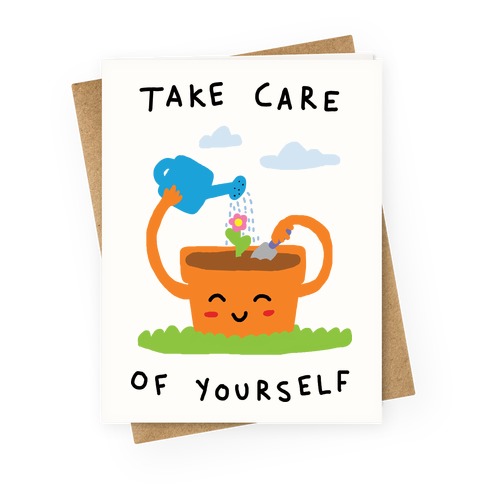Table of contents
Introduction
Burnout refers to a state of physical, emotional, and mental exhaustion that results from prolonged periods of stress or excessive workload. It is typically associated with work-related stress but can also occur in other areas of life, such as personal relationships or caregiving responsibilities.
It can be experienced by anyone, but it is more common in certain groups of people. These groups include:
People who work in high-stress jobs. This includes jobs in healthcare, education, social work, tech, and customer service.
People who work long hours. Working more than 50 hours per week can increase your risk of burnout.
People who have little control over their work. This could include jobs with tight deadlines, micromanaging bosses, or few opportunities for advancement.
People who lack social support. Having a strong social support network can help to buffer the effects of stress.
People with perfectionistic tendencies. People who strive to be perfect are more likely to set unrealistic expectations for themselves and experience burnout when they don't meet those expectations.
People experiencing burnout often feel emotionally drained, depleted of energy, and cynical or negative towards their work or activities they once enjoyed. They may also struggle with reduced productivity, decreased motivation, and difficulty concentrating.
How to recognize it?
It's crucial to indicate on time if there's a symptom of excessive workload or any other stress. So here are some common symptoms that can help:
Physical and emotional exhaustion: Feeling drained, tired, and lacking energy even after restful periods. Emotional exhaustion may manifest as frequent mood swings, irritability, or heightened sensitivity.
Decreased performance and productivity: Experiencing a decline in work or academic performance, finding it difficult to concentrate, or being consistently unable to meet deadlines.
Increased cynicism and detachment: Developing a negative or cynical attitude towards work, feeling detached or emotionally disconnected from tasks or colleagues, and experiencing a loss of motivation or interest.
Lack of satisfaction and sense of accomplishment: Feeling unfulfilled by achievements, perceiving tasks as meaningless, or experiencing a diminished sense of purpose and satisfaction from work.
Cognitive difficulties: Memory problems, difficulty focusing, and impaired decision-making may be present. Mental fog or constant racing thoughts can also occur.
Physical symptoms: Headaches, frequent illnesses, gastrointestinal problems, and increased susceptibility to colds or infections can manifest due to the impact of chronic stress on the immune system.
Neglected self-care: A decline in personal care, such as neglecting proper nutrition, exercise, or sleep. Engaging in unhealthy coping mechanisms, such as excessive alcohol or substance use.
Interpersonal problems: Strained relationships with colleagues, friends, or family members due to irritability, withdrawal, or conflicts resulting from work-related stress.
If you or someone you know exhibits several of these symptoms persistently over an extended period, it may be an indication of burnout.
It's important to take these signs seriously and seek support from healthcare professionals, therapists, or trusted individuals who can provide guidance and assistance in managing burnout effectively.
How to prevent it?
If you're already feeling burned out, it's important to take some time for yourself to recover. This may mean taking a vacation, reducing your workload, or seeking professional help.
Preventing and managing burnout involves recognizing the signs and taking proactive steps to reduce stress levels and restore well-being.
This may include:
Take care of yourself physically. This includes getting enough sleep, eating a healthy diet, and exercising regularly.
Set boundaries between work and personal life. This can be difficult, especially if you work from home, but it's important to make time for yourself and your loved ones outside of work.
Learn to say no. It's okay to refuse extra work or commitments if you're feeling overwhelmed.
Take breaks. Get up and move around every 20-30 minutes, or take a longer break to go for a walk or do some other activity you enjoy.
Find healthy ways to manage stress. This could include things like meditation, yoga, spending time in nature, or listening to music.
Identify your stressors. What are the things that make you feel stressed? Once you know what your stressors are, you can start to develop strategies for coping with them.
Connect with others. Spending time with loved ones can help to reduce stress and improve your mood. Make time for social activities, even if it's just a quick phone call or coffee date.
Seek professional help if needed. If you're struggling to manage stress or burnout on your own, don't be afraid to seek professional help. A therapist can teach you coping skills and help you to develop a plan for preventing burnout.
Conclusion
Remember, burnout is a serious problem, but it's preventable. By taking care of yourself and managing your stress, you can reduce your risk of burnout and improve your overall well-being.
Thanks for reading this article, hope it was helpful!



